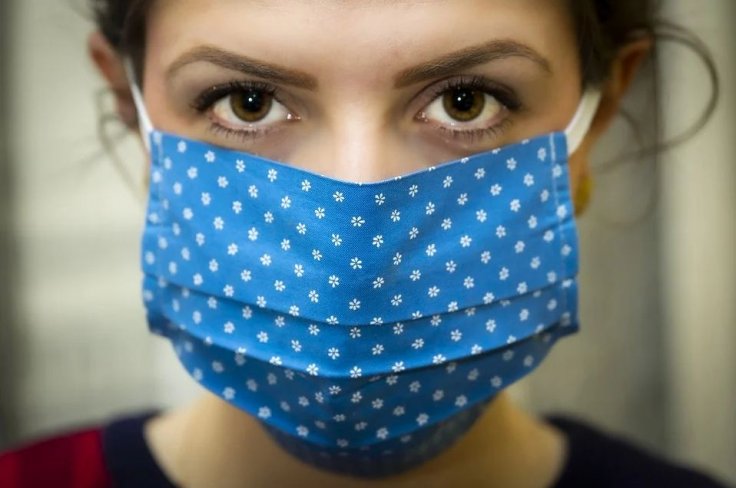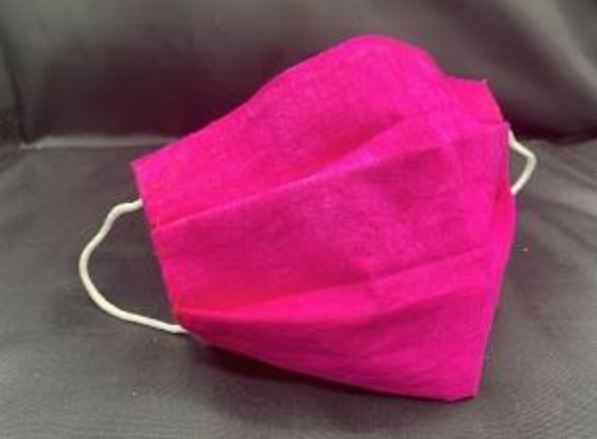The COVID-19 era has become characterized by the global population donning face masks to keep the notorious SARS-CoV-2 coronavirus at bay. While masks may prevent the inhalation of pathogens, those collected on the surface may still possess their virulence. Now, a new study has reported the development of a cloth face mask that can be sanitized simply by exposing it to sunlight for 60 minutes.
The cotton mask, designed from an antimicrobial fabric, is said to be able to eliminate up to 99.99 percent of viruses and bacteria found on its surface through exposure to daylight. According to the researchers, this fabric can potentially be integrated into other safety equipment such as PPE suits.
"This work demonstrated that the cationized cotton could serve as a platform for different functionalization applications, and the resulting fiber materials could inspire the development of reusable and sustainable PPE with significant bioprotective properties to fight the COVID-19 pandemic as well as the spread of other contagious diseases," the authors wrote.
Overcoming A Major Setback In Face Masks

It has been accepted that face masks made from cloth materials can effectively filter aerosolized particles—like the one released during sneezing and coughing—and potentially lead to the reduction in the transmission of COVID-19 and other diseases. Even The Centers for Disease Control and Prevention (CDC) has attested to the role of multi-layered cloth masks in arresting the spread of the disease.
However, pathogens such as viruses and bacteria can accumulate on the external surface of the masks and may still be contagious. It is this setback that the authors chose to address through their research through the designing of a fabric that could release reactive oxygen species or ROS (unstable molecules containing oxygen that react with other molecules within a cell) upon exposure to daylight and destroy microbes on its surface. This would potentially result in a mask that is not just washable and reusable but also safe and sanitary.
Making A Fabric That Destroys Coronavirus
In order to develop their anti-microbial fabric, the scientists attached positively charged chains of a chemical known as 2-diethylaminoethyl chloride (DEAE-Cl) to regular cotton. Next, the modified cotton was dyed with a solution of a negatively charged photosensitizer (a chemical compound that releases ROS when exposed to light), which bound to the DEAE chains through powerful electrostatic interactions.

The authors discovered that when a piece of fabric was imbibed with a dye known as rose Bengal as the photosensitizer, 99.99 percent of the bacteria placed on the fabric within just 60 minutes of daylight exposure. Also, 99.99 percent of T7 bacteriophage—a virus believed to present higher resistance to ROS in comparison to other coronaviruses—was inactivated within 30 minutes. Through additional testing, the team also found that the material could withstand at least 10 washes and be exposed to daylight constantly for at least 7 days without the loss of its antimicrobial activity
Recently, an Israeli company, Sonovia, also developed an antimicrobial mask that has been made available in US markets. The mask's fabric, however, is developed using a different process. The fabric is created using a nearly-permanent, ultrasonic, fabric-finishing technology that mechanically infuses nanoparticles of zinc oxide into textiles. A physical phenomenon known as cavitation forms the basis of the technology.









